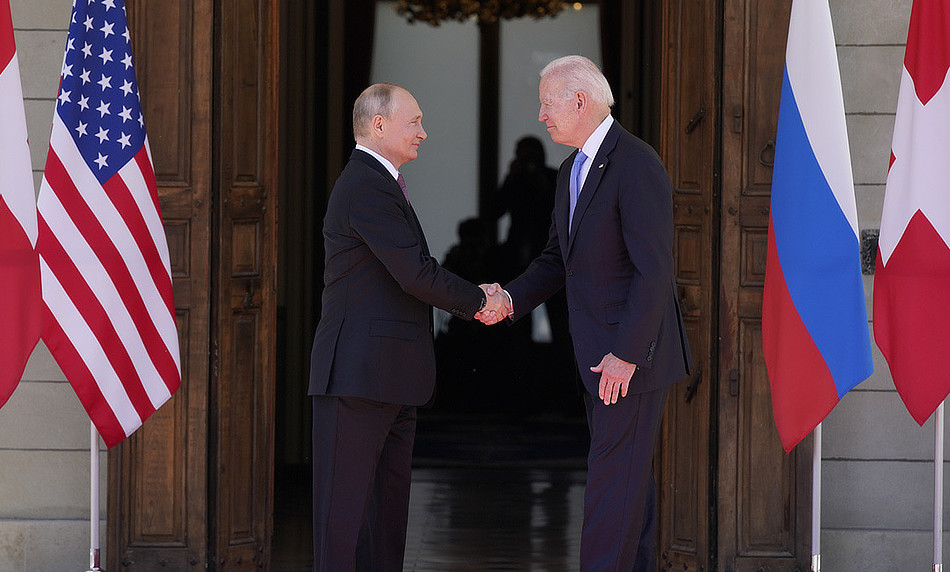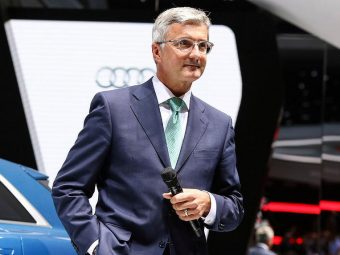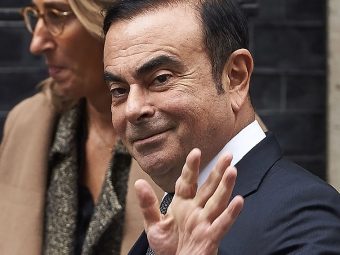Former WWII General and President Dwight D. Eisenhower coined the term “Military-Industrial Complex” in his Farewell Address to the Nation on January 17, 1961. In issuing this warning, he aimed to caution the public and his successors about the adverse consequences of a war machine driven by profit rather than solely for defence or peacetime purposes. The subsequent instances of Military-Industrial Complex influence, evident in Vietnam, Afghanistan, Iraq, Syria, and Libya, reveal a pattern where corporate interests intertwine with the pretext of spreading democracy in regions where it is assumed to be lacking, fostering a troubling environment of wartime profiteering.
Ukraine stands as another illustration of the Military-Industrial Complex exerting its influence. In 2014, the democratically elected government of Ukraine was ousted in a coup, orchestrated by the Eagle with the intention of provoking a response from the Bear. The subsequent reaction caused Europe to lose access to affordable natural gas, leading to a surge in energy costs. This had a particularly severe impact on Germany, heavily dependent on low-cost Russian gas and oil, resulting in economic challenges. The country now grapples with a recession and the onset of a phase marked by de-industrialization.
In a notable move today, Volkswagen openly acknowledged that it is “no longer competitive,” a statement of significance given the meticulous nature of every corporate pronouncement by the company. Thomas Schaefer, the VW Brand Chief, candidly communicated to the staff that a combination of low productivity and soaring energy costs has rendered their vehicle production operation noncompetitive.
Is Volkswagen leveraging the pretext of elevated energy costs as a strategic cover for implementing a substantial 10-billion-euro savings plan? The likelihood is high, as the company strategically positions itself for increased efficiency during the transition to electric cars. This initiative includes cost-cutting measures such as workforce reductions and the exploration of partial or early retirement options.
Nevertheless, the persistent spectre of soaring energy costs may endure, prompting considerations that this cost-cutting strategy might encompass the closure of a production facility, potentially involving a shift in focus towards production in China. If this scenario unfolds, Germany could find itself on a trajectory toward comprehensive de-industrialization.








